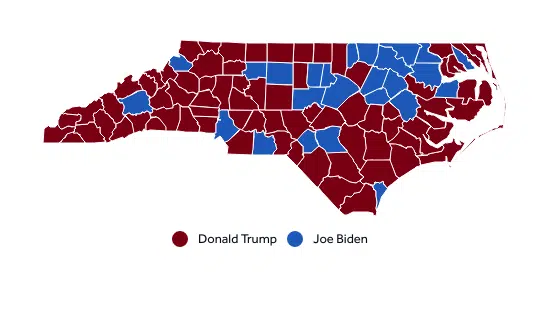By Natalia Castro
Mandatory spending has gotten out of hand, with programs such as food stamps costing Americans billions, while their recipients rarely give back to the economic growth of the nation. Without entitlement reforms to reign in the growth of this program, it will continue costing the American people without adequately giving back. Entitlements were meant to be temporary safety net, not a permanent situation.
Food stamps, more formally called the Supplemental Nutrition Assistance Program (SNAP), currently serves nearly 43 million Americans at a cost of $40 billion, but the number does not need to be so high, especially considering in 2000 it only served about 17 million people.
The largest jump in enrollment occurred in 2008 when Congress overrode President Bush’s veto to pass the “farm bill”. This legislation expanded the eligibility requirements for SNAP to combat the recession.
From 2009 to 2010 President Obama took action, utilizing the American Recovery and Reinvestment Act of 2009, to expand the benefits of the program significantly. The goal was to increase temporary usage of entitlements such as SNAP; the expanded benefit packages were reduced again in November 2013.
The reality is, programs such as SNAP don’t incentive people to do more, but enable them to do less.
States that passed rules requiring individuals to find a job or participate in a work training program while receiving government benefits, enrollment dropped significantly.
Alabama began implementing the plan in 2017, and from January to May alone the state saw a decline of recipients from 5,538 to 831; an 85 percent drop. Similarly, when select counties in Georgia implemented work requirements, the number of adults receiving benefits dropped by 58 percent.
The people are not being pushed off SNAP and starving, instead they are actually getting jobs and increasing their livelihood; what the program was intended to do.
Maine has led the nation in SNAP reform charge, through work requirements or community service in order to receive benefits. In the first year, SNAP enrollment dropped 14.5 percent. An analysis of a group of 7,000 Mainers who left the SNAP program that year found that total earning increased from $3.85 million in the third quarter of 2014 to $8.24 million in the last quarter of 2015.
Not only did enrollment drop, but also individuals were more economically productive. SNAP is not only an expensive national entitlement program, but it is stifling economic progress on the individual level as well.
Luckily, Louisiana Representative Garret Graves recently introduced the SNAP Reform Act of 2017 to strengthen work requirements for able-bodied adults without dependent children.
While immediate reform is critical, in order to truly end the entitlement culture which programs like SNAP have created, spending cuts must be made. Putting more money into an already inflated program does not guarantee reform and cutting funds is not cruel; it is encouraging individuals to work and historically that is exactly what it does.
With a $20 trillion debt, Americans need to be working and government cannot be spending; food stamps is a great short-term program to assist Americans struggling to get to work, but getting back to work should be encouraged not neglected. The Graves legislation is a major step in the right direction, that has already proven effective and Congress should be eager to take it up.
Natalia Castro is a contributing editor at Americans for Limited Government








